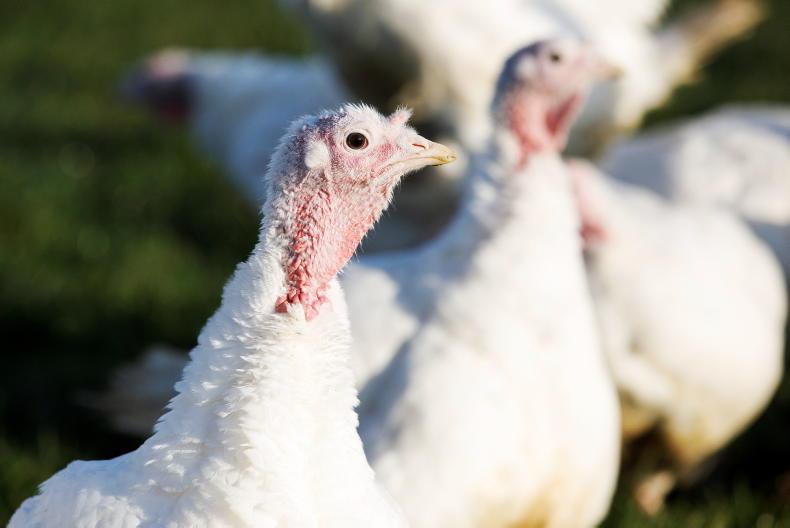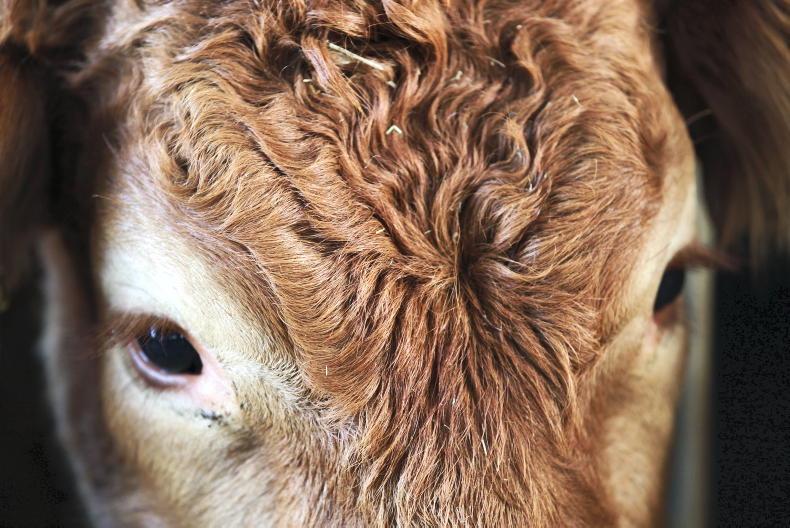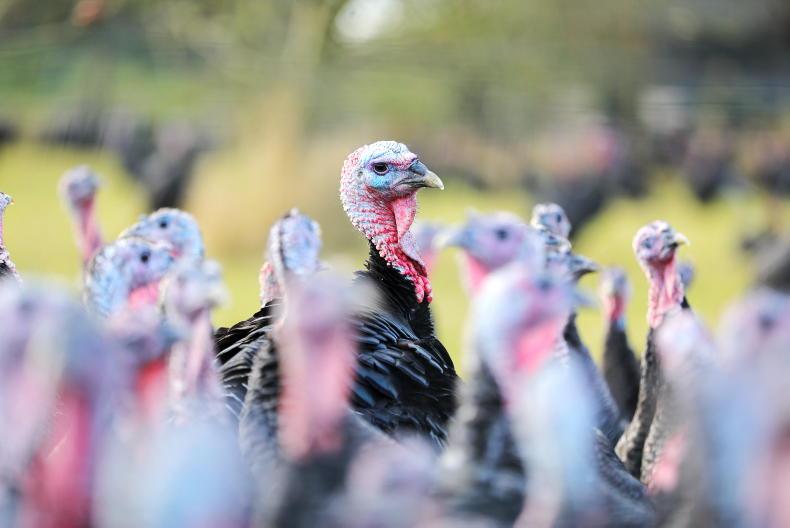The Department of Agriculture will remove the final remaining surveillance zone, which was put in place to curtail the highly pathogenic bird flu outbreak that has had a chock hold on the industry since last November.
The first case of bird flu was confirmed in a Co Monaghan turkey flock on 20 November and resulted in the culling of 30,000 birds.
From Saturday 22 January, there will be no remaining surveillance zones on the island of Ireland, as bird flu cases tail off in commercial poultry units.
This last remaining zone was located in Co Monaghan, with a small area of Northern Ireland also included.
However, the housing order which was introduced at the back end of last year by the Department under the Animal Health and Welfare Act 2013, to protect the poultry industry, will remain in place.
Confinement
In a statement from the Department of Agriculture, this order includes the requirement to confine all poultry or captive birds such that wild birds and other animals do not have access to them.
The application of stringent biosecurity measures for poultry and a ban on the assembly of birds are also included.
The Department has said that while the removal of the movement restrictions on poultry within the zone is a welcome event, there are still wild birds carrying the disease.
"The Department emphasises that the country is still in the high-risk period for avian influenza (AI) and will remain so until the end of April.
"Wild bird fatalities continue to be reported, with wild birds continuing to test positive for AI across the country," the Department said.
Stringent biosecurity, including housing or confinement of birds, is vital to mitigate the risk spread of disease and to protect poultry flocks across the island.
Remain vigilant
The Department urges all keepers of poultry to continue to maintain the highest standards of biosecurity to protect their flocks and to report any suspicion of disease to their local regional veterinary office.
Speaking following the lifting of surveillance zones in Northern Ireland, Minister for Agriculture Edwin Poots said: “I would like to thank the poultry industry for their incredible work so far in keeping the disease under control.
"There is no doubt that the efforts you have made have been vital in stopping the spread of the virus from those premises that were unfortunately affected and prevented any further incursions to date."
Poots emphasised how vital it is now that complacency does not set in and said that "excellent biosecurity 24/7" remains the most effective way to protect individual flocks and our poultry industry from this deadly virus.
Biosecurity advice is available at this link.








SHARING OPTIONS